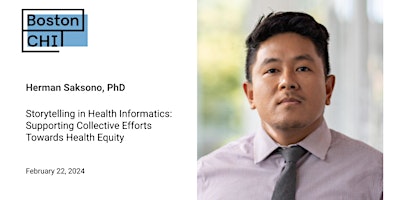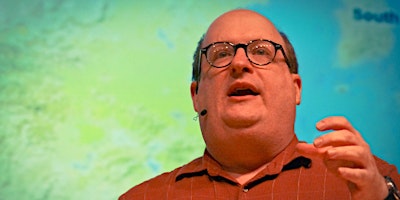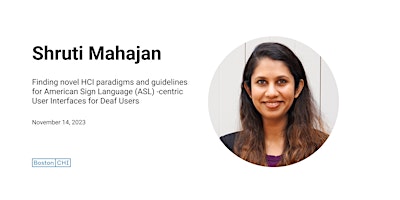This is a hybrid event to be held on Zoom and at Microsoft Burlington (5 Wayside Rd).
About the Talk
Outcome-driven UX Metrics connect improvements in the user experience to increased value for the organization.
With this radical new approach, UX teams measure how their work improves the lives of their customers, users, and employees. UX leaders like yourself can connect the dots of your team’s efforts to critical business objectives like customer acquisition, retention, and loyalty.
Organizations run on numbers. With meaningful metrics, your UX team can show its true value and contribution. Yet, it can be difficult to find measurements reflecting your best work, making mediocre work “good enough.”
In this earth-shaking session, Jared Spool explores how UX leaders use Outcome-driven UX Metrics to vividly demonstrate their design’s ROI to executives and senior stakeholders. You’ll discover how you can use insightful UX metrics to hold the entire organization accountable to deliver better user experiences.
Uncover how you’ll…
… Set your OKRs and KPIs with metrics that accurately reflect improvements to the user and customer experiences your organization delivers.
… Align Agile’s “definition of done” to how (and when) your product attains clear experience improvements in your users’ lives.
… Change how your organization views UX, moving from the “make it pretty” team to a strategic contributor of innovation and customer value.
About Jared Spool
Jared M. Spool is a Maker of Awesomeness at Center Centre.
If you’ve ever seen Jared speak about user experience (UX) design, you know he’s probably the most effective and knowledgeable communicator today. He started working in the field of user experience in 1978, before the term “UX” was ever associated with computers.
While he led UIE, the industry research firm he started in 1988, the field of UX design emerged, and Jared helped define what makes UX designers successful worldwide. UIE’s world-class research organization produces conferences and workshops worldwide and for companies in every industry.
In 2016, with Dr. Leslie Jensen-Inman, he opened Center Centre, a new school in Chattanooga, TN, to create the next generation of industry-ready UX Designers. They made a revolutionary approach to vocational training, infusing Jared’s decades of UX experience with Leslie’s mastery of experience-based learning methodologies. UIE joined forces with Center Centre and now delivers the best professional development programs in the UX Design industry.
Jared has been a highly celebrated keynote speaker and workshop presenter at conferences across the globe. For 23 years, he was the conference chair and keynote speaker at the now-retired annual UI Conferences and UX Immersion Conferences, and he manages to squeeze in a fair amount of writing time. He co-authored Web Usability: A Designer’s Guide and Web Anatomy: Interaction Design Frameworks that Work.
You’ll find his writing at centercentre.com.
Hosted by
The GBC/ACM, BostonCHI, and the Boston Chapter of the IEEE Computer Society.
Location
This is a hybrid event, to be held at Microsoft Burlinton 5 Wayside Rd, Burlington, MA and online using Zoom. The Zoom link will be provided to registered attendees ahead of the event.
The entrance to Microsoft is on the side of the building away from Wayside Road. The room will be Adams-Washington-Jefferson.
Note: if you sign up for in person but decide to join online instead, please let us know ahead of time if possible.


